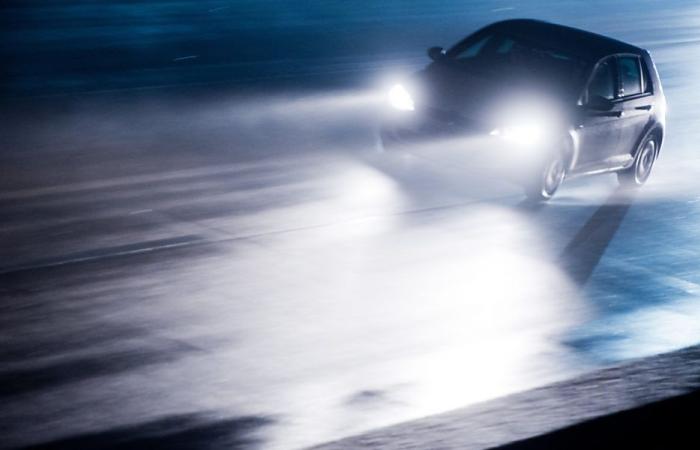Sales of new cars in Switzerland and Liechtenstein fell last year. While the number of registrations fell by 5% to 239,535, the weakening of the economy and erroneous political signals regarding electromobility weighed.
The market share of connected vehicles, namely electric cars as well as plug-in hybrid models, has stagnated at 28% in 2024, notes the Association of Auto-Swiss Automobile Importers.
According to the umbrella body, the lowered CO2 target values for new passenger and delivery vehicles, which will come into force in 2025, as well as the introduction for the first time of corresponding regulations for heavy commercial vehicles, however, make it necessary to massive growth in electric propulsion. However, auto-suisse points out the absence of “clear rules”.
If sales of new cars with full or mild hybrid engines jumped 17%, representing more than a third (33.6%) of the total, those of automobiles powered by an electric motor plunged 12.5% to 46′ 141, even though 200 models are offered in Switzerland. As for new registrations of plug-in hybrid cars, they fell by 10.4% to 20,801.
Far from the intended objective
Auto-suisse attributes the declines to the removal at the beginning of 2024 of the 4% percent automobile tax exemption for electric vehicles, which increased the prices of the latter. In addition, Parliament voted against a strengthening of private charging infrastructure in the CO2 law, not to mention prices deemed excessive by public energy companies.
In the month of December alone, although the best of 2024, sales of new cars fell by 5.9% year-on-year. In the end, new registrations remained far from the 300,000 posted before the coronavirus pandemic.
However, the trend in sales of cars powered by gasoline and diesel engines has not proven favorable either, with the former falling by 17% last year to 83,866 units and the latter by 4.1%. at 23,499.
This article was automatically published. Sources: ats/awp






